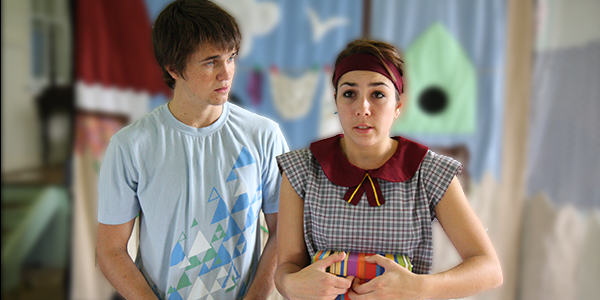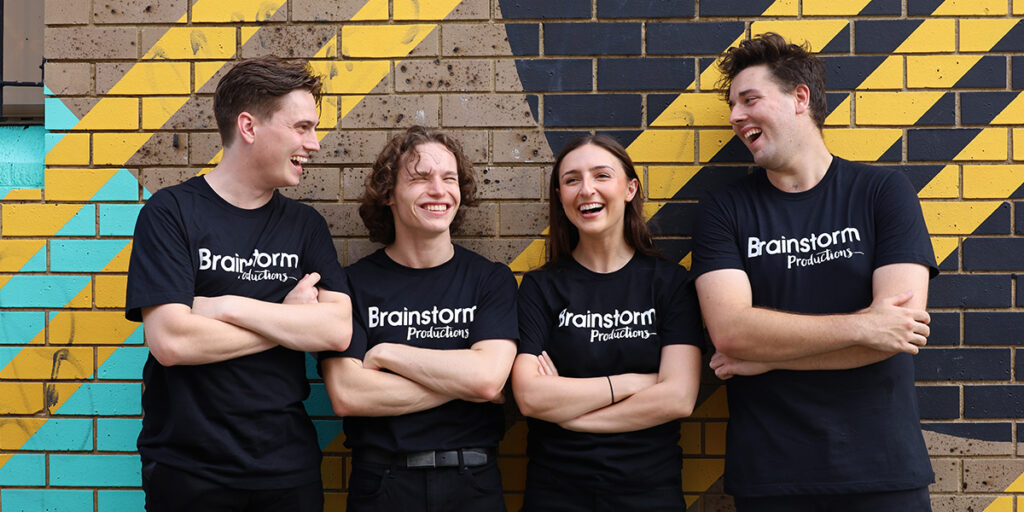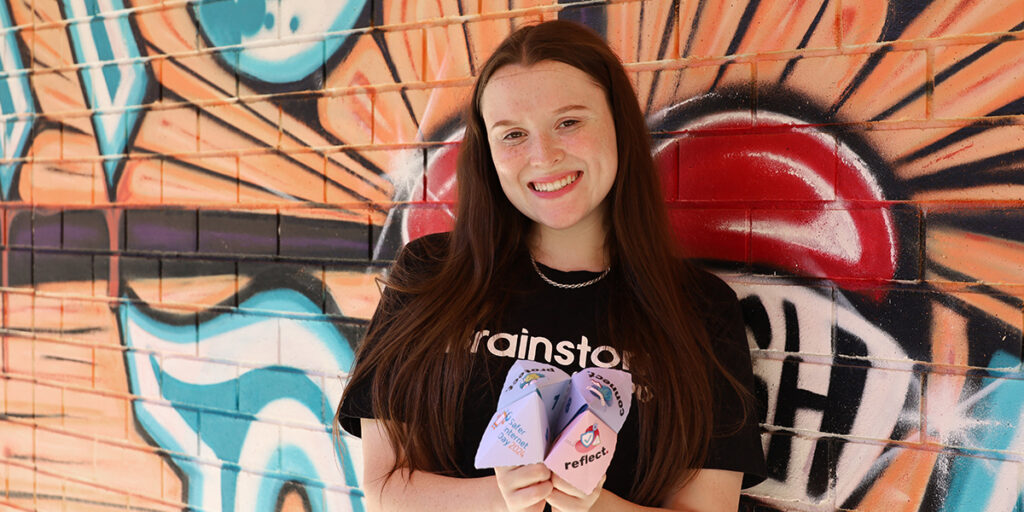Recent psychological research suggests that empathy is the key ingredient in forming positive relationships. Empathy helps us connect with others, and understand their thoughts and feelings. This helps us know how to respond and engage with others.
What is empathy?
Empathy is the ability to understand and relate to another person’s thoughts and feelings. This is also known as “mirroring” another’s thoughts and feelings.
Our brains are wired to be empathetic. Even primates like rats have empathetic neural pathways.
From infancy, we begin to develop affective empathy, which are the feelings we get in response to another person’s emotional state.
By three, children begin to develop cognitive empathy, which is the ability to identify and understand other people’s emotions.
Mirror neurons
Neuroscience has made exciting leaps in the last few decades, by identifying mirror neurons. More than twenty years ago, Italian scientists discovered that cells activated both when a monkey performed a certain action, and when it observed another monkey performing the same action.
Motor neurons in the frontal lobes of your brain fire when you perform a physical activity, such as reaching for the door handle. Mirror neurons are a sub-set of neurons, which fire when you watch a person do the same action. If you see a person stub their toe, your mirror neurons will fire, allowing you to have a virtually simulated experience of that pain.
Likewise, if we witness another person experiencing sadness, we share their pain. This is empathy.
How theatre can help teach empathy
Empathy and emotional intelligence is learnt through everyday interaction. It can also be nurtured through reading books to children, music, and in particular, watching live theatre performances.
When watching theatre, we watch characters interact, and experience certain emotions. Our mirror neurons fire rapidly in response. A character worried about starting a new school causes us to worry about him starting school. A character feels rejected by a friend. This causes us to feel what it is like to be rejected by a friend. We are connecting with the character, while at the same time experiencing what he or she is feeling and thinking, as if we were feeling or thinking it ourselves.
Theatre is a gym for empathy
Not only are our mirror neurons activating when we watch a theatre performance, we are also practicing how to understand others.
Bill English from the San Francisco Playhouse, says that, ‘Theatre is like a gym for empathy. It’s where we go to build up the muscles of compassion, to practice listening and understanding and engaging with people that are not just like ourselves. We practice sitting down, paying attention and learning from other people’s actions. We practice caring.’
Just as athletes train to improve performance, young people can strengthen empathetic muscles by watching theatre, and practice caring about the characters and their stories.
Theatre is a safe space to develop empathy
Theatre is an opportunity for children to explore and mirror difficult and challenging emotions. A person can safely watch an actor bully another actor, and can learn how both parties experience and respond to this situation. They can learn about the consequences.
By developing an empathetic connection with the actors, the audience has the opportunity to experience this virtual reality in a safe space. They know the situation isn’t real, but this does not undermine the strength of the audience’s empathetic response.
Empathy through imitation
Humans learn social interaction and positive communication strategies through imitating others. Infants learn by imitating their parents and siblings. School children learn through imitating friends.
Theatre embodies social language and behavioural interaction. Theatre provides a rich source of behavioural and language examples, which can be mimicked. Learning happens through osmosis; by watching positive communication skills in action, we embody them for later use.
Theatre is a fun and effective way of engaging empathy
Unlike reading a textbook definition about difficult and challenging experiences, and expecting young people to have the correct empathetic response, theatre is an engaging and fun way for young people to practice empathetic skills.
Kate Rufener, Grand Theatre youth coordinator, says, ‘kids who empathise with the characters they play or watch will learn and grow from these imagined struggles. And, unlike all other art forms, there is a unique and vital touch point between live performers and live audience. No television show or movie requires audiences participate in the experience the way that live theatre does.’
Just like all our neurological pathways, our empathetic mirror neurons are strengthened and developed through use. The more our mirror neurons are activated by exposure to experiences like theatre, which evoke empathy, the more effective they are.





